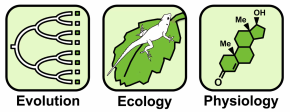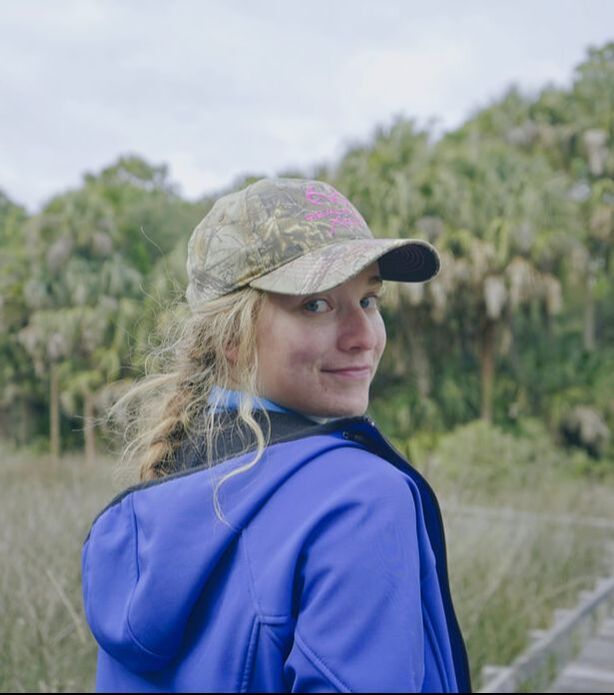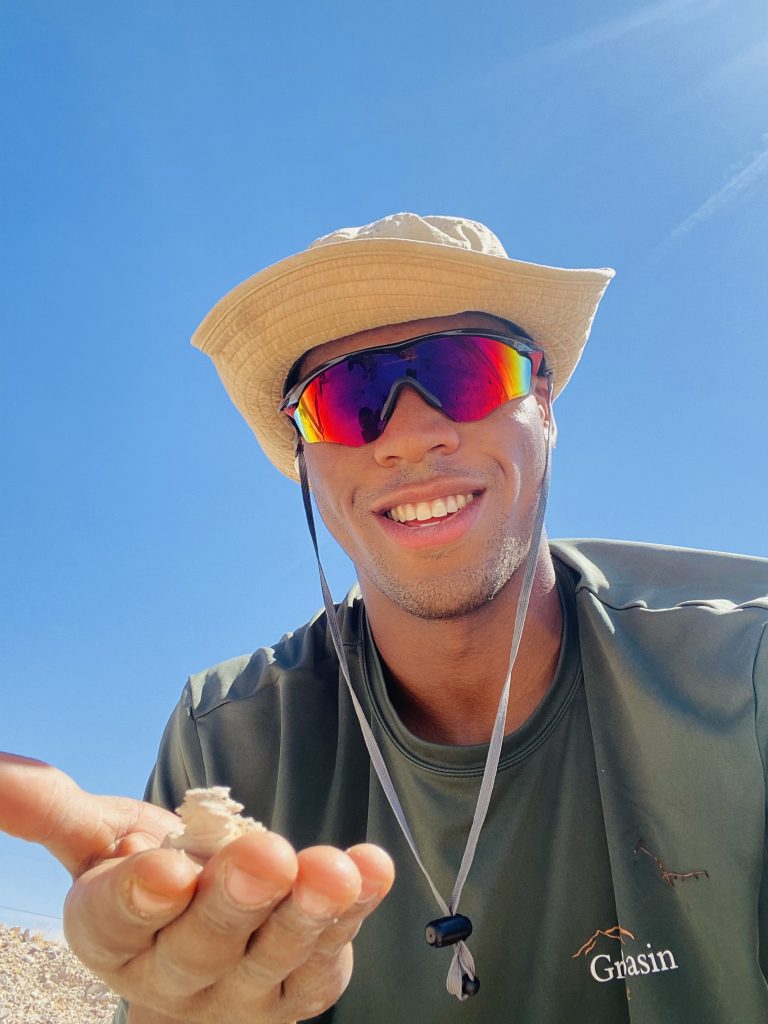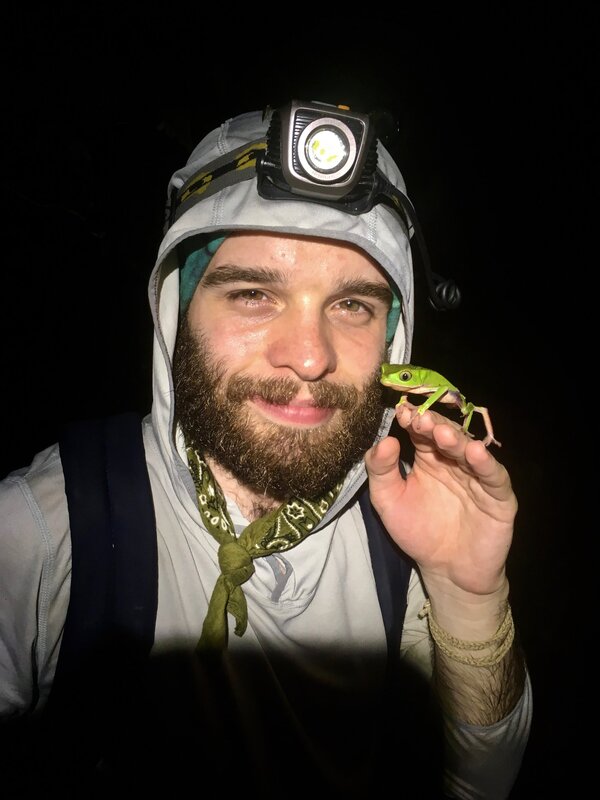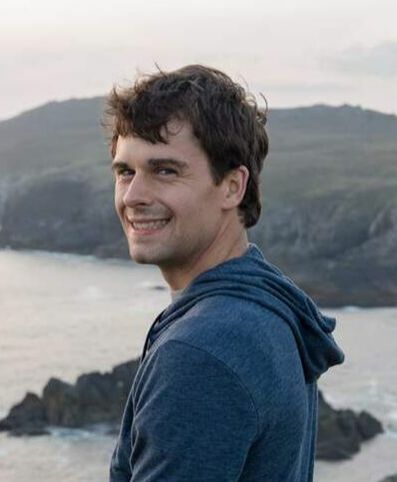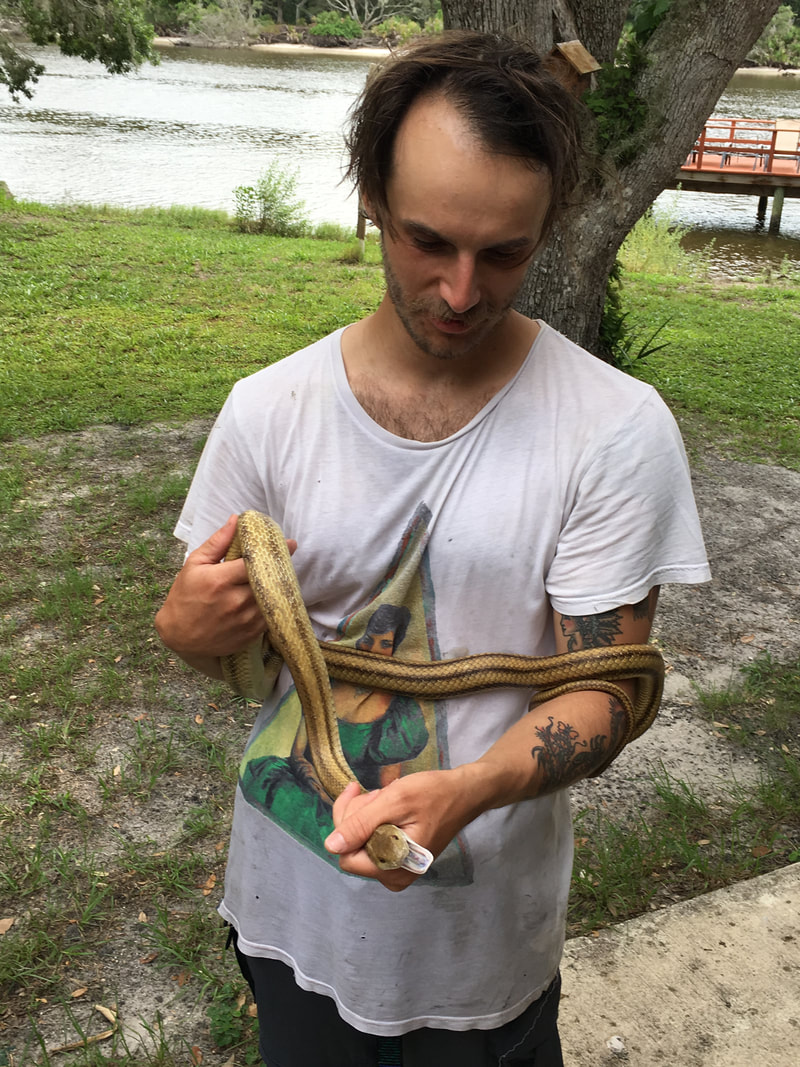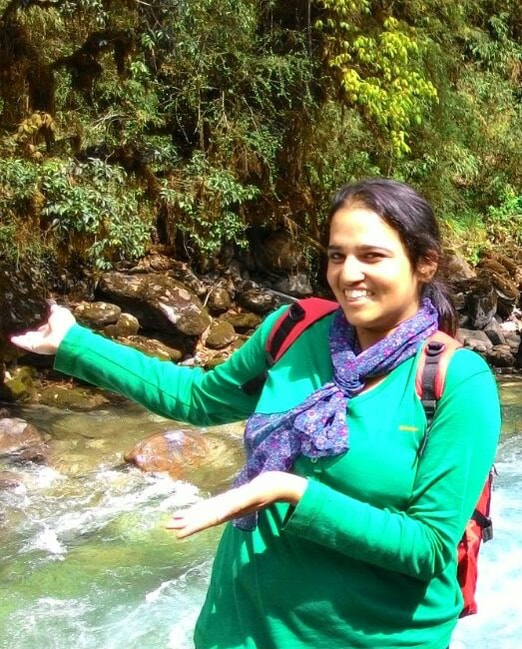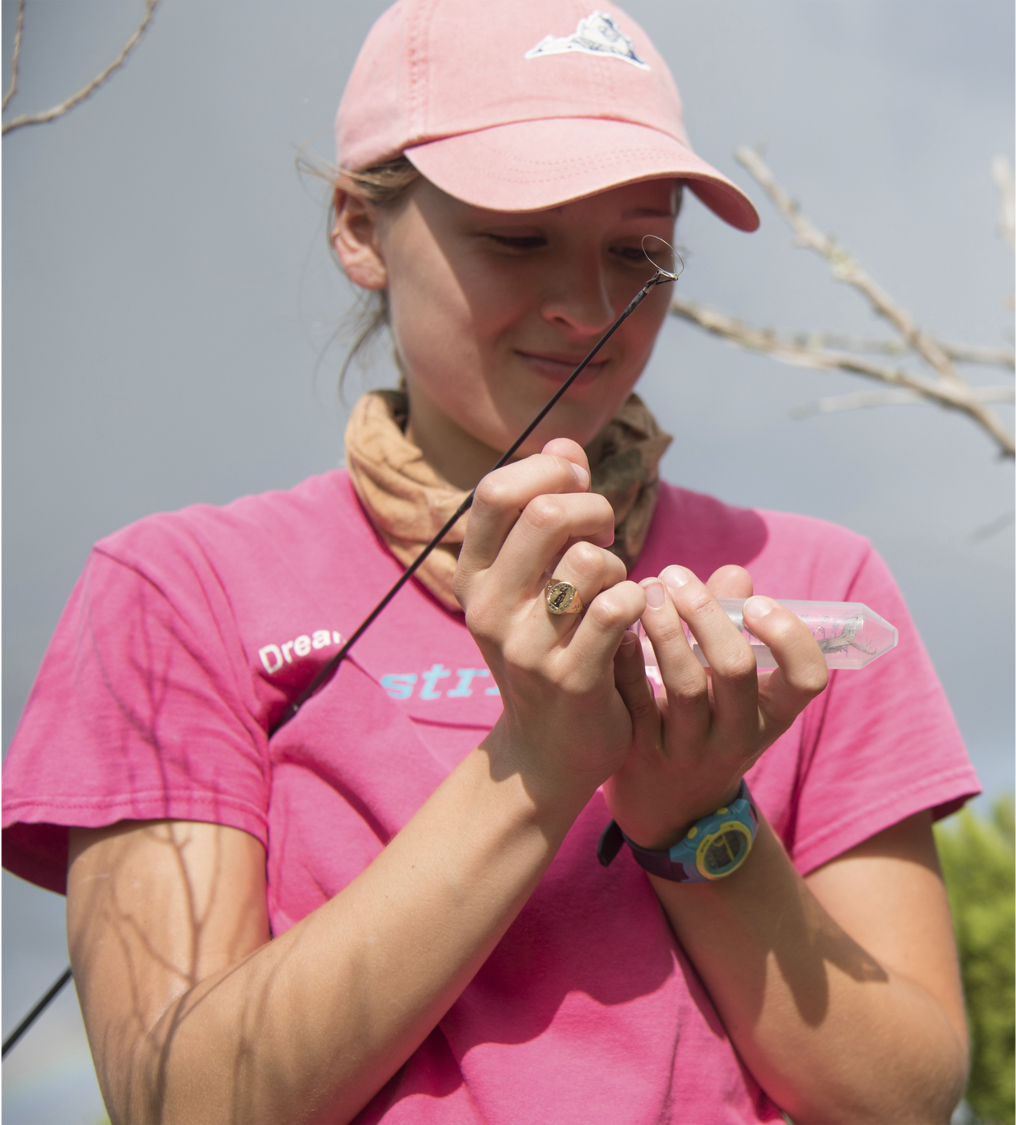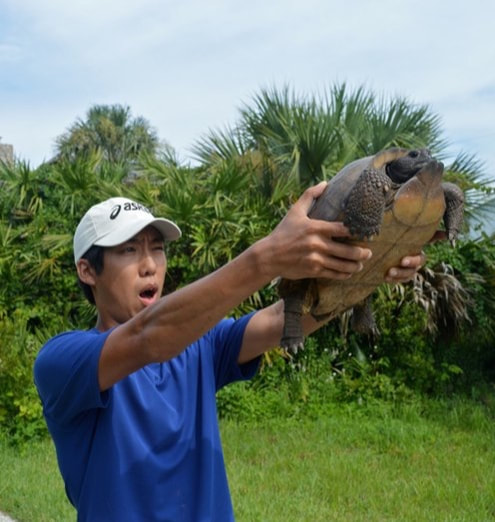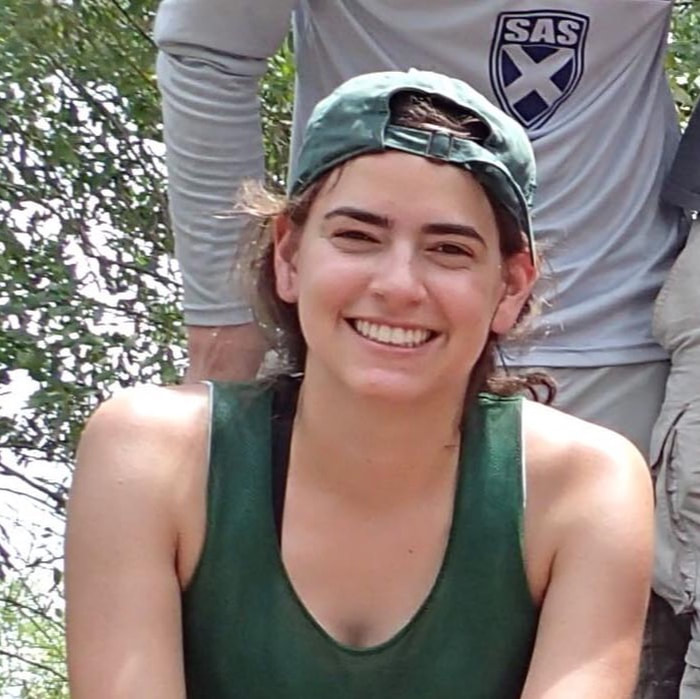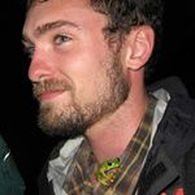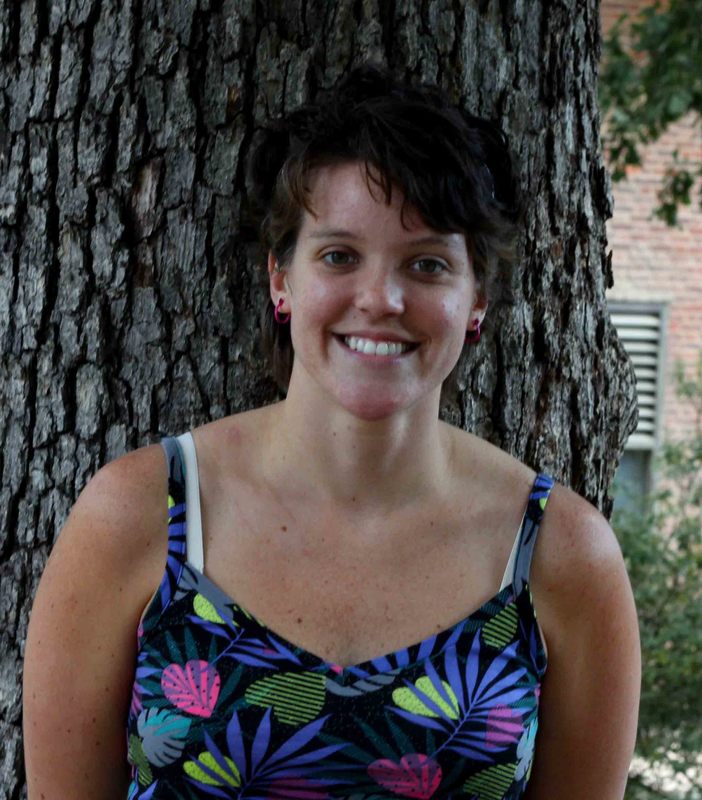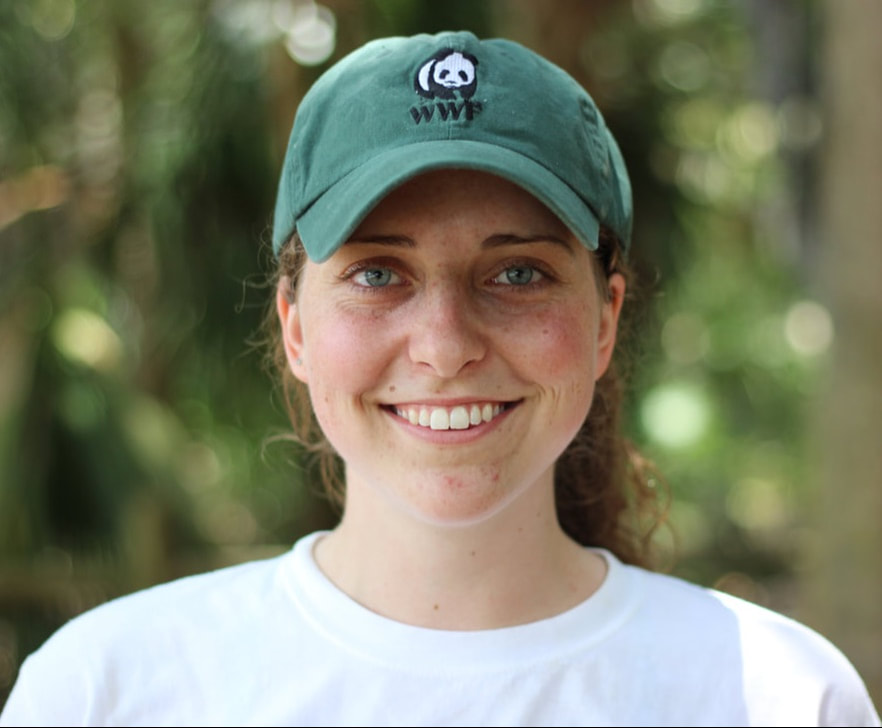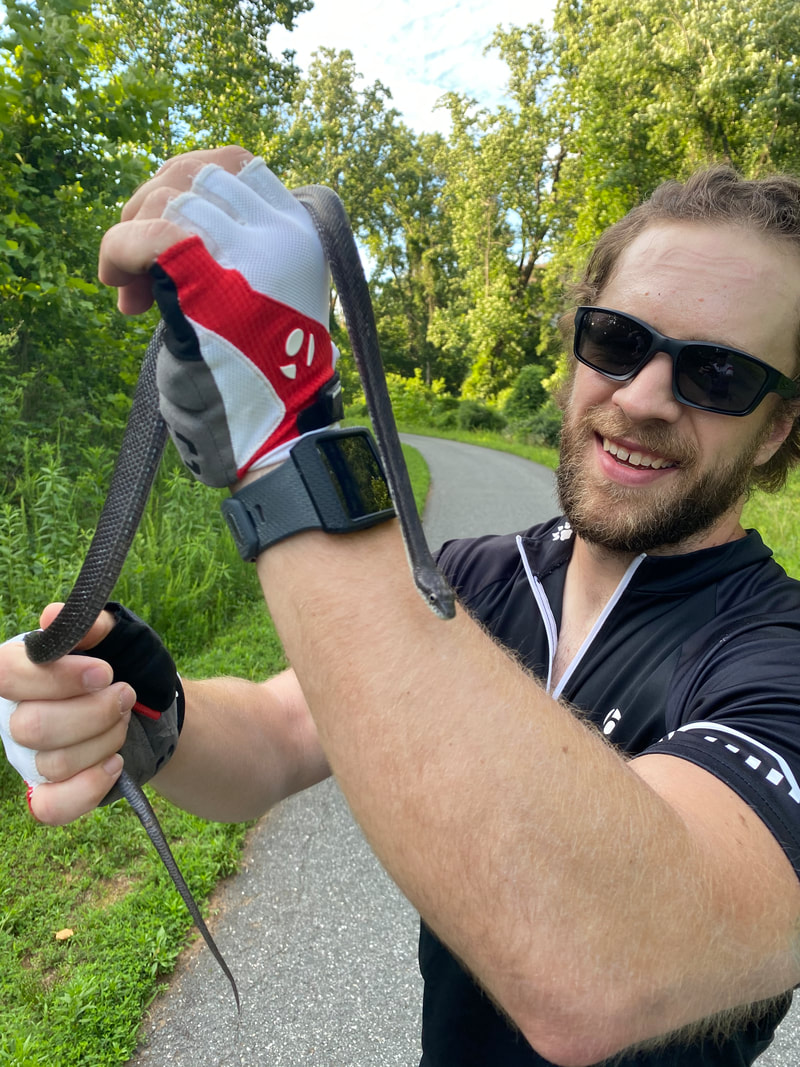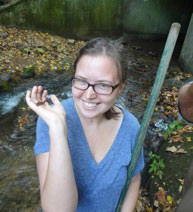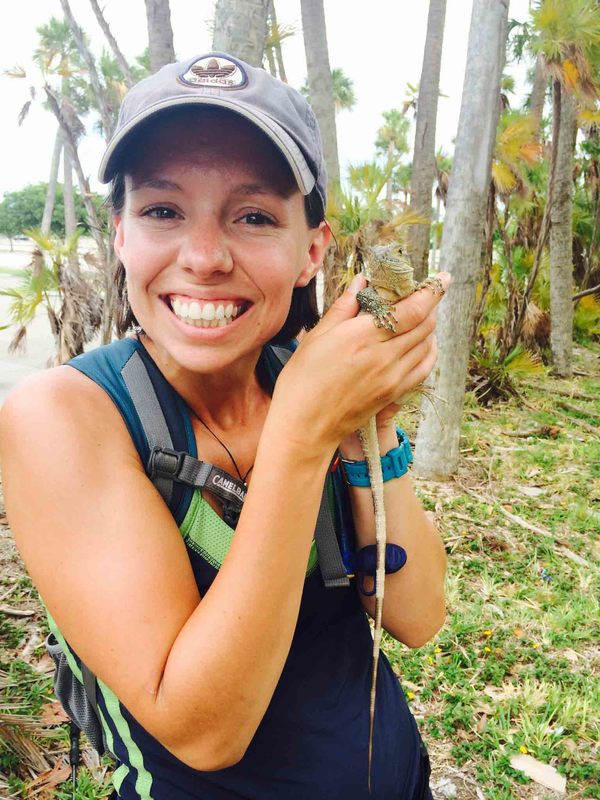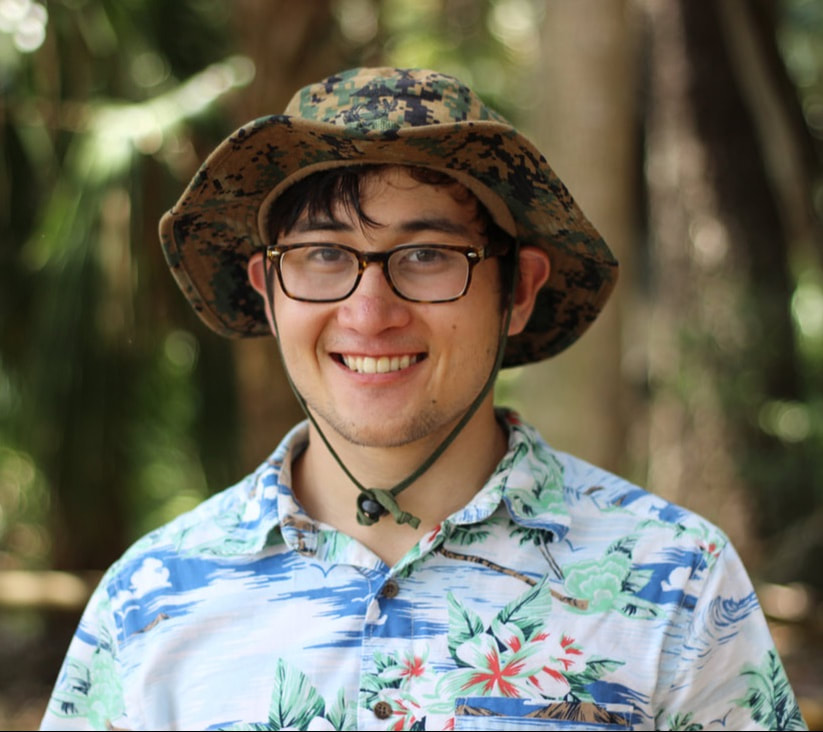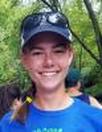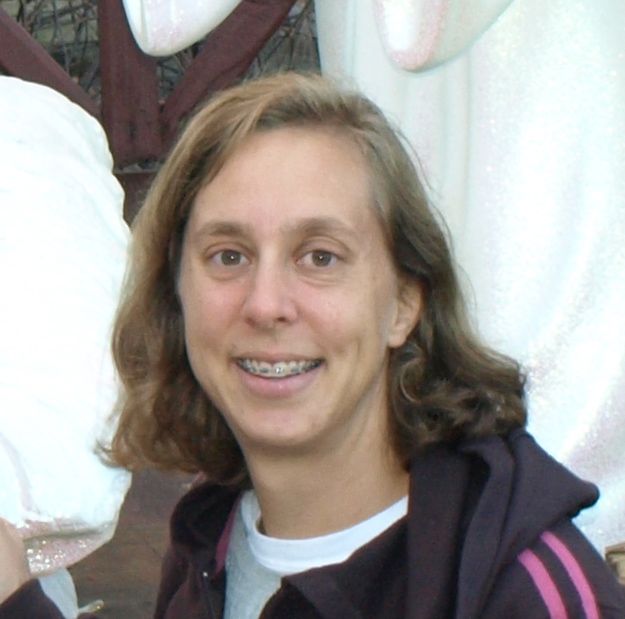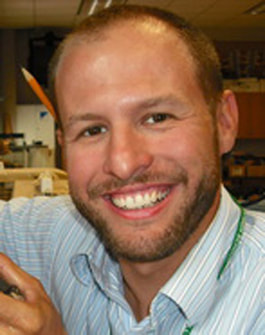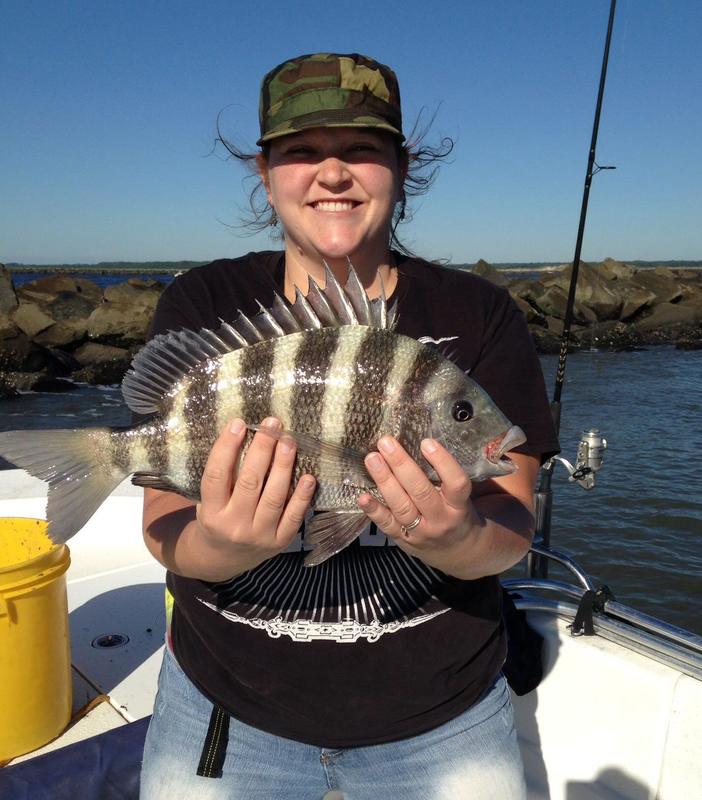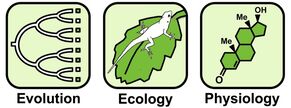Current lab members
|
Robert Cox - PI
Bob is an evolutionary ecologist whose interests span from comparative endocrinology and physiology to behavioral ecology and evolutionary genetics. His current projects integrate quantitative genetics, endocrinology, and genomics to study intralocus sexual conflict, phenotypic evolution, and life-history tradeoffs. |
|
Ashlyn Crain - graduate student (2022- )
Ashlyn joined our lab in 2022 after graduating from Elon College. Her PhD research is focused on uncovering the adaptive significance and genetic basis of sex-biased dispersal in brown anoles, in which juvenile males disperse farther from their natal site than do females. She is also working on a project testing whether offspring fitness declines with maternal and paternal age. |
|
Myles Davoll - graduate student (2021- )
Myles joined our lab in 2021 and has developed a thesis project exploring sex differences in survival-reproduction tradeoffs and the role of testosterone in shaping these tradeoffs in anoles. His current field projects are measuring natural and sexual selection on circulating testosterone levels in wild anoles. Prior to joining UVA Biology, Myles studied cichlid evolution at Clemson University. |
|
Daniel Nondorf - graduate student (2019- )
Daniel joined our lab in 2019 and is currently exploring whether and how patterns of sex-, age-, and tissue-specific gene expression influence nucleotide diversity and rates of coding sequence evolution in phrynosomatid lizards. Prior to joining UVA Biology, Daniel worked on a variety of different projects as an undergraduate at University of Michigan, ranging from wasps to Xantusia lizards. |
|
Chris Robinson - graduate student (2018- )
Chris joined our lab in 2018 after completing his master's on natural selection and ventral coloration in the prairie lizard with Matt Gifford at Central Arkansas, and his bachelor's studying anoles with Michele Johnson at Trinity University. At UVA, Chris has coauthored papers on the effects of testosterone on genetic (co)variance, the evolutionary endocrinology of hormone-phenotype couplings, the ontogeny of sex-biased gene expression, the fitness costs of parasitism, and field measures of sexual selection. His PhD thesis focuses on the cellular, endocrine, and transcriptomic mechanisms that underlie repeated evolutionary evolutionary transitions in sexual dimorphism in bright ventral coloration in Sceloporus lizards. |
|
Tyler Wittman - postdoc (2022- ) and graduate student (2016-22)
Tyler first led an exciting "side project" exploring the effects of testosterone on genetic variance and covariance (G matrix) in anoles, which also led to a cool empirical demonstration that the level of phenotypic responsiveness to a hormonal signal is heritable. But Tyler's eventual PhD research actually focused on the fitness consequences of parasitism in wild anole populations using a combination of experimental manipulations of nematode parasites and large-scale analyses of survival and reproductive success throughout the life of the anole host. He has also shown that host mating system influences sex bias in the survival cost of parasitism. His PhD thesis launched a new NSF grant on which he is now a postdoc studying the fitness consequences of parasitism and the genetic basis of host fitness. |
Former lab members
|
Rachana Bhave - graduate student (2016-23)
Rachana was a key contributor to our GT-seq genotyping pipeline and to the synthesis of our long-term selection database for Florida anoles. Rachana's thesis research explored pre- and post-copulatory sexual selection in wild anoles using both genetic and behavioral measures of mating success. Rachana recently contributed to our studies of selection on sperm phenotypes in anoles and applied her method for measuring mating success to our studies of the effects of parasites on host fitness. Her previous MS work explored escape behavior and personality along the shyness-boldness axis in agamid lizards. |
|
Torun Carlson - undergraduate (2018-20)
Torun's Distinguished Majors Project involved treating wild juvenile anoles with an anti-parasite drug to measure the effects of several common nematode parasites on host growth, development, survival. One of the major findings from her work, which was published in Journal of Experimental Zoology, is that the removal of parasites with ivermectin results in a significant increase in growth rates of juvenile males and females. Torun's presentation also won 3rd place in the annual Katz Research Symposium! Torun is now in vet school at Virginia Tech (VMCVM). |
|
Albert Chung - undergraduate and lab manager (2012-16)
As an undergraduate, Albert studied metabolic rate in anoles and also contributed to a paper on parasites as a cost of reproduction. After graduating, Albert continued to work with our group on field trips to Florida and as our animal facility manager prior to joining Christian Cox's lab at Georgia Southern University, where he completed his MS characterizing tissue-specific patterns of sex-biased gene expression in anoles. |
|
Robin Costello - research rotation (2014-15)
Robin developed our technique for quantifying dewlap coloration using reflectance spectroscopy, and her rotation project using this method led to our paper on the quantitative genetics of sex differences in dewlap color. She went on to complete her PhD studying social networks in forked fungus beetles with Butch Brodie at UVA, and she is currently a postdoc at Auburn University. |
|
Christian Cox - postdoc (2012-15)
Christian took the lead on a variety of projects during his postdoc in our lab, including studies of sex and population differences in metabolism, growth-regulatory gene expression, the effects of testosterone on female anoles, and the evolutionary physiology of metabolic rate and evaporative water loss in reptiles. Christian is now an Associate Professor of Biology at Florida International University, where he continues to collaborate with our group on studies of sex-biased gene expression in anoles and phrynosomatid lizards. Christian is also an avid homebrewer, and we miss his particularly excellent Funky Dark Saison (mmmm, Brettanomyces). |
|
John David Curlis - undergraduate (2012-15)
John David led a project on sex and population differences in metabolic rate of anoles and also contributed to our analysis of quantitative genetics of thermal physiology. He completed his MS with Christian Cox at Georgia Southern, where he studied population genetics of color polymorphism in ground snakes. After lots of birding, herping, and research in Panama, Costa Rica, and Honduras, John David is doing doctoral research in Alison Davis Rabosky's lab at the University of Michigan. |
|
Hannah Donald - lab manager (2013-14)
Hannah ran our Anolis breeding colony for several years and collaborated on our studies of the developmental breakdown of between-sex genetic correlations. She's now a research technician in Vince Formica's lab at Swarthmore College, where she is studying social selection in forked fungus beetles. |
|
Cara Giordano - undergraduate (2015-18)
Cara completed her Distinguished Majors Project exploring the dewlap as a signal of good genes and male quality. It turns out that the dewlap most reliably signals the age of a male, becoming increasingly yellow over time. Her presentation won first place at the annual Katz Research Symposium. Cara also co-authored a paper in Behavioral Ecology as part of our Evolution Education collaboration with high school teachers. Cara is the only undergraduate to achieve "Professional" status when it comes to catching hatchling anoles, and she is now a PhD student with Alessandro Catenazzi at Florida International University. |
|
Matthew Hale - NSF postdoc (2019-23)
Matthew joined our lab in 2019 after finishing his PhD on the transcriptomic effects of endocrine disruptors in alligators at University of Georgia and the Savannah River Ecology Lab. He contributed to our studies of sex- and age-biased gene expression in anoles, developed analyses for gene coexpression networks and hormone response elements in anoles, and led our studies of evolutionary reversals in growth-regulatory gene expression in phrynosomatid lizards. His research also uncovered interesting patterns of sex chromosome dosage imbalance and sex chromosome evolution in phrynosomatids. Matt is currently a postdoc in the U.S. Military HIV Research Program at the Walter Reed Army Institute of Research. |
|
Amanda Hanninen - graduate student (MA in 2015)
Amanda studied the interactions between brown anoles and a sexually transmitted nematode worm, Cyrtosomum penneri. She also streamlined the hormone assays for our studies of the effects of testosterone on female anoles. |
|
Ariel Kahrl - graduate student (PhD in 2017)
Ariel's dissertation took the lab in an entirely new direction by focusing on the evolution of sperm morphology in anoles and other lizards. She published a variety of papers on topics such as the condition-dependence of sperm morphology, the coevolution of testis size and sexual size dimorphism, natural selection on sperm phenotypes, differences in sperm morphology between native and introduced anoles, intra-individual variation in sperm phenotypes, and even the evolution of the Anolis gut microbiome. After doing a postdoc with John Fitzpatrick at Stockholm University, Ariel is now an Assistant Professor at Hamilton College. Check out Ariel's website |
|
Matthew Kustra - undergraduate (2016-18)
Matt completed a Distinguished Majors Project showing that sperm count and sperm morphology change with fine-scale variation in population density across our island population of anoles. He was also one of the key contributors to our recent studies of selection on sperm phenotypes in anoles. After winning an NSF Graduate Research Fellowship, Matt headed to UC Santa Cruz to do his PhD in Suzanne Alonzo's lab, where he has continued to publish studies on evolutionary and behavioral ecology, with a new focus on fish and other aquatic organisms rather than lizards. From there, Matt will soon be starting a new postdoc with Chris Martin at UC Berkeley. |
|
Liza Mitchem - research rotation (2017-18)
Liza conducted a rotation project quantifying effects of testosterone on aggression and signaling behavior in juvenile male and female anoles. She completed her PhD on aggression, behavioral plasticity, and personality in forked fungus beetles with Butch Brodie at UVA. |
|
Jennifer Price - postdoc and lab manager (2012-2013)
Jennifer ran our Anolis breeding colony for several years and generated the initial data for our common-garden comparisons of sexual dimorphism between populations of brown anoles from Eleuthera and Great Exuma. She also worked with Josh Nash on a project showing that incubated anole eggs hatch in response to photoperiodic cues. |
|
Aaron Reedy - PhD (2018) and NSF Broadening Participation postdoc
Aaron completed his PhD on sex differences in behavior, life history, parasitism, and natural selection in 2018. After graduating, Aaron continued to collaborate with our group as an NSF Broadening Participation postdoc studying sex differences in aging in anoles with Tonia Schwartz at Auburn University. He now runs his own educational software company, DataClassroom, which provides professional-quality statistics and graphing software in a fun and educational format for classrooms around the world. A former high school science teacher, Aaron is also the co-founder of our Evolution Education program for science teachers, and we continue to collaborate with Aaron and DataClassroom on science education projects and for the broader impacts of our current NSF grant. |
|
Heidi Seears - Postdoc (2015-19)
Heidi developed the high-throughput genotyping pipeline that we now use to assign parentage and study the population and quantitative genetics of wild anoles. Her ongoing projects with our group are focused on measuring reproductive success and studying the fitness consequences of individual variation in heterozygosity in anoles. She is also involved in our studies of phenotypic selection in wild anoles. Heidi is currently the Director of the Biology Genomics Core at UVA. |
